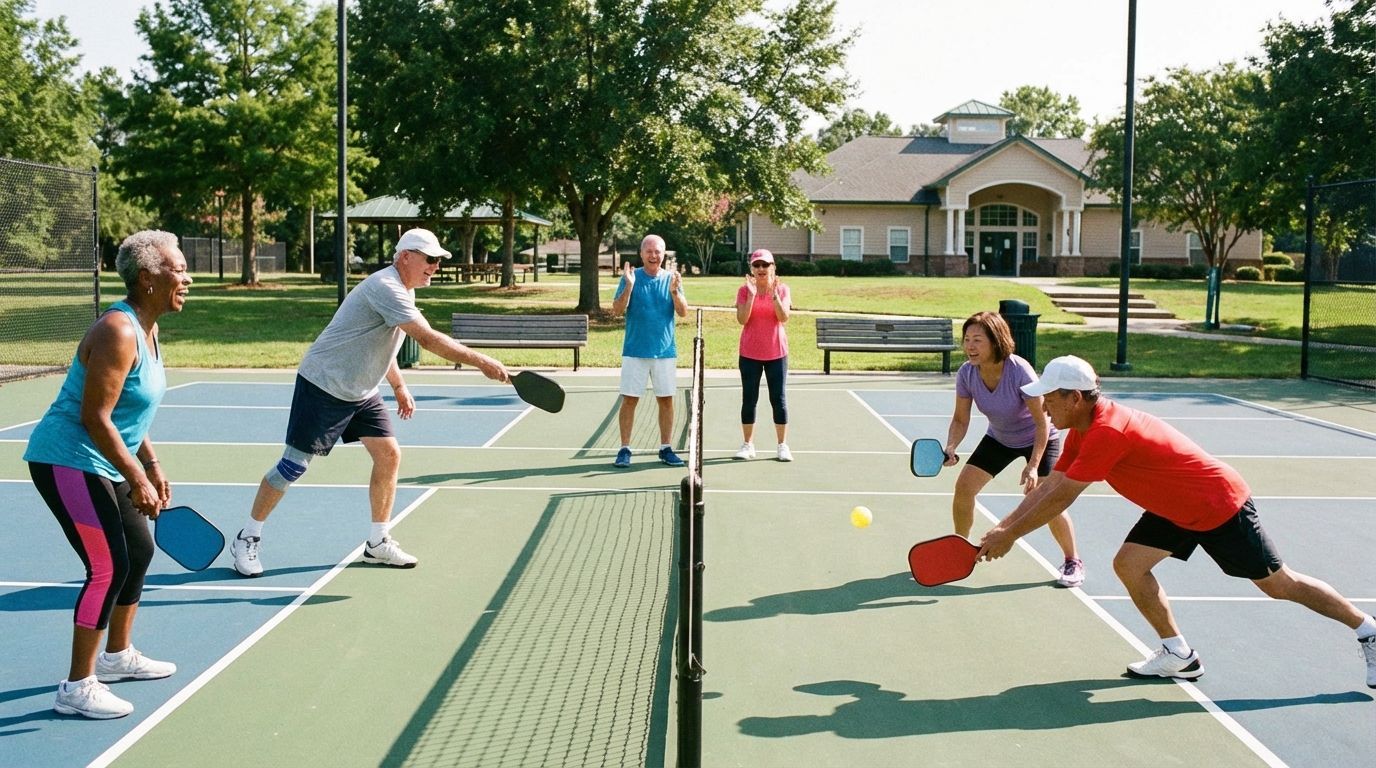Money Tips for Retirees: Stretching Your Nest Egg (and Your Peace of Mind)
Enjoy Your Retirement Without Worry
Retirement should be a time to relax, explore hobbies, spend time with loved ones, and maybe even knock a few things off the bucket list. But let’s be honest—none of that feels quite right if you’re constantly worrying about money. The good news? With a few smart strategies (and an open mind), you can better manage your finances and feel more secure throughout your golden years.
Here are a few practical financial tips for retirees to help you stretch your nest egg.
Revisit Your Budget
(Yes, Really)
You’ve probably heard this one before, but it’s worth repeating: retirement is the perfect time to take a fresh look at your monthly spending. With your income now coming from savings, Social Security, pensions, or investments (and possibly less than during your working years), it’s wise to know exactly what’s going out the door.

Here’s how to keep it light and simple:
- Categorize your expenses (housing, food, healthcare, fun).
- Look for subscriptions or services you no longer use (that gym membership you haven’t visited since 2022?).
- Build in some "fun money" so you don’t feel deprived—budgeting shouldn't be a punishment.
A clear budget helps you feel in control and can even uncover opportunities to save without sacrificing joy.
Keep an Eye on Healthcare Costs
Healthcare is one of the biggest expenses in retirement, and it can sneak up on you. Even with Medicare, there can be gaps in coverage, especially when it comes to prescriptions, dental, vision, and long-term care.
To stay ahead of it:
- Consider a supplemental Medicare policy or Medicare Advantage Plan.
- Shop around for the best prescription coverage.
- Set aside funds for potential out-of-pocket costs, or look into Health Savings Accounts (if you still qualify).
Planning for health-related expenses now can help you avoid financial surprises later.
Maximize Social Security
If you haven’t started collecting Social Security yet, timing is everything. You can start as early as 62, but your benefit increases each year you wait—up until age 70.
A few considerations:
- If you can hold off, you could receive up to 30% more monthly by delaying until full retirement age or beyond.
- Consider spousal benefits—your partner might be able to claim based on your record, even if they didn’t earn much.
Talk to a financial advisor or use online tools to calculate the most strategic time for you to start receiving benefits.
Rethink the Role of Your Home with a
Reverse Mortgage
For many retirees, the largest chunk of their net worth is tied up in their home. If that sounds like you, a reverse mortgage could be a powerful tool to unlock that equity—without giving up your home.
Here’s the quick lowdown:
- A reverse mortgage allows homeowners 62 and older to borrow against the equity in their home.
- You remain the owner, live in your home, and don’t make monthly mortgage payments (unless you want to).
- The loan is paid back when you sell the home, move out, or pass away—whichever comes first.
- The loan is non-recourse so you or your heirs never owe more than the home is worth.
You can receive the funds as a lump sum, line of credit, or monthly payments. Best of all, the money is tax-free and can be used for anything: paying off debt, covering medical costs, or simply enhancing your lifestyle.
Reverse mortgages aren’t for everyone, but they’re worth exploring if you want to stay in your home while gaining more financial flexibility. I can help you understand these programs and together, we can see if it's right for you.
Consider Downsizing (Or Right-Sizing)
If your home feels a little too big—or the upkeep is just too much—it might be time to consider downsizing. Selling a larger home and moving into something smaller or more manageable can reduce expenses and free up cash for other goals (like travel or gifting to family).
Alternatively, some retirees are “right-sizing”—choosing homes that better suit their lifestyle, even if the price stays the same. Think single-story homes, communities with amenities, or locations closer to family.
And in case you didn’t know, a reverse mortgage (HECM) for purchase may help you make the move without a required monthly mortgage payment.
Be Cautious with Family Gifts
We love our kids and grandkids, but helping them out too generously can put your own financial future at risk. Before co-signing a loan or writing a large check, ask yourself:
- Can I afford this without dipping into emergency or long-term savings?
- Is this a gift or a loan—and will I need it back?
It’s always okay to say, “Let me think about it,” before making a decision.
Get Involved (and Maybe Earn a Little Extra)
Retirement doesn't mean you have to stop contributing or earning altogether. Many retirees find joy (and extra income) through:
- Part-time work or consulting
- Turning a hobby into a side hustle (hello, Etsy!)
- Volunteering or mentoring, which can keep you mentally sharp and socially connected
Even if you’re financially stable, staying active and engaged can enrich your life—and maybe add a little cushion to your budget.
You’ve worked hard to get to this point—retirement is your time to enjoy life on your terms. By making smart financial decisions, revisiting your goals, and considering tools like a reverse mortgage, you can create a retirement that’s not only comfortable but full of possibility.











